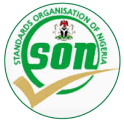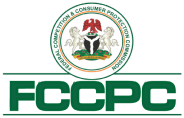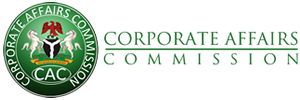Act Cap. N1 LFN, 2004 (formerly referred to as Decree 19 of 1993) mandates National Agency Food and Drug Administration and Control (NAFDAC) to regulate and control the importation, exportation, manufacture, advertisement, distribution, sales and use of food, drugs, cosmetics, medical devices, bottled water and chemicals (generally referred to as regulated products).
Subsequent to the provisions of the above Act, the Agency is also empowered by Act Cap. F33 LFN, 2004 to grant permit for the importation or manufacture of a sample of drug, drug product, cosmetic or medical device for the purpose of registration or clinical trial, and the importation or manufacture shall be in accordance with the conditions specified in the respective permit.
Clinical trial is mandatory for the following:
- New or relatively new drug products, herbal formulations or cosmetics for which safety/efficacy profile has not been determined especially in our population.
- Drugs for new indications.
- Drugs for new patient population group (e.g. Age group, race etc)
- New combination drug products.
- New dosage schedule/regimen.
- New drug delivery system.
- New medical devices.
- New medical procedures
- Academic clinical trials on any of the above and
- Bioequivalence Study
It is necessary to emphasize that:
- No person shall import, procure or manufacture a drug product, cosmetic or medical device in Nigeria for the purpose of a clinical test unless he is a holder of a valid clinical trial approval issued by NAFDAC.
- Clinical trial should be conducted in accordance with the approved Protocol, Good Clinical Practice (GCP) and Agency’s requirements.
For parties interested in carrying out clinical trial in Nigeria, the two responsible regulatory authorities are:
- National Agency for Food and Drug Administration and Control (NAFDAC): The Agency is responsible for protocol review and authorization of clinical trial before it is conducted in Nigeria. It is also responsible for carrying out inspection of trial sites to monitor the conduct of authorized studies to ensure that well-being and safety of the participants is protected and credible data is obtained from the study.
- National Health Research Ethics Committee (NHREC): The Committee is responsible for accreditation of Independent Ethics Committee (IEC) and or Institutional Review Board (IRB) that give ethical opinion on study protocols depending on the number of trial sites involved. Visit ( nhrec.net ) for more information.
In order to reduce processing timeline for Clinical Trial applications, the study protocol can be submitted simultaneously to NAFDAC and Ethics Committee. However, ethical opinion must be obtained before NAFDAC issues final authorization for the conduct of the trial subject to satisfactory review.
The public is hereby informed that there are stipulated penalties for violation of the above provisions and conduct of unauthorized clinical trials in Nigeria.
Please visit ( www.nafdac.gov.ng ) for more information on clinical trial regulations in Nigeria.






